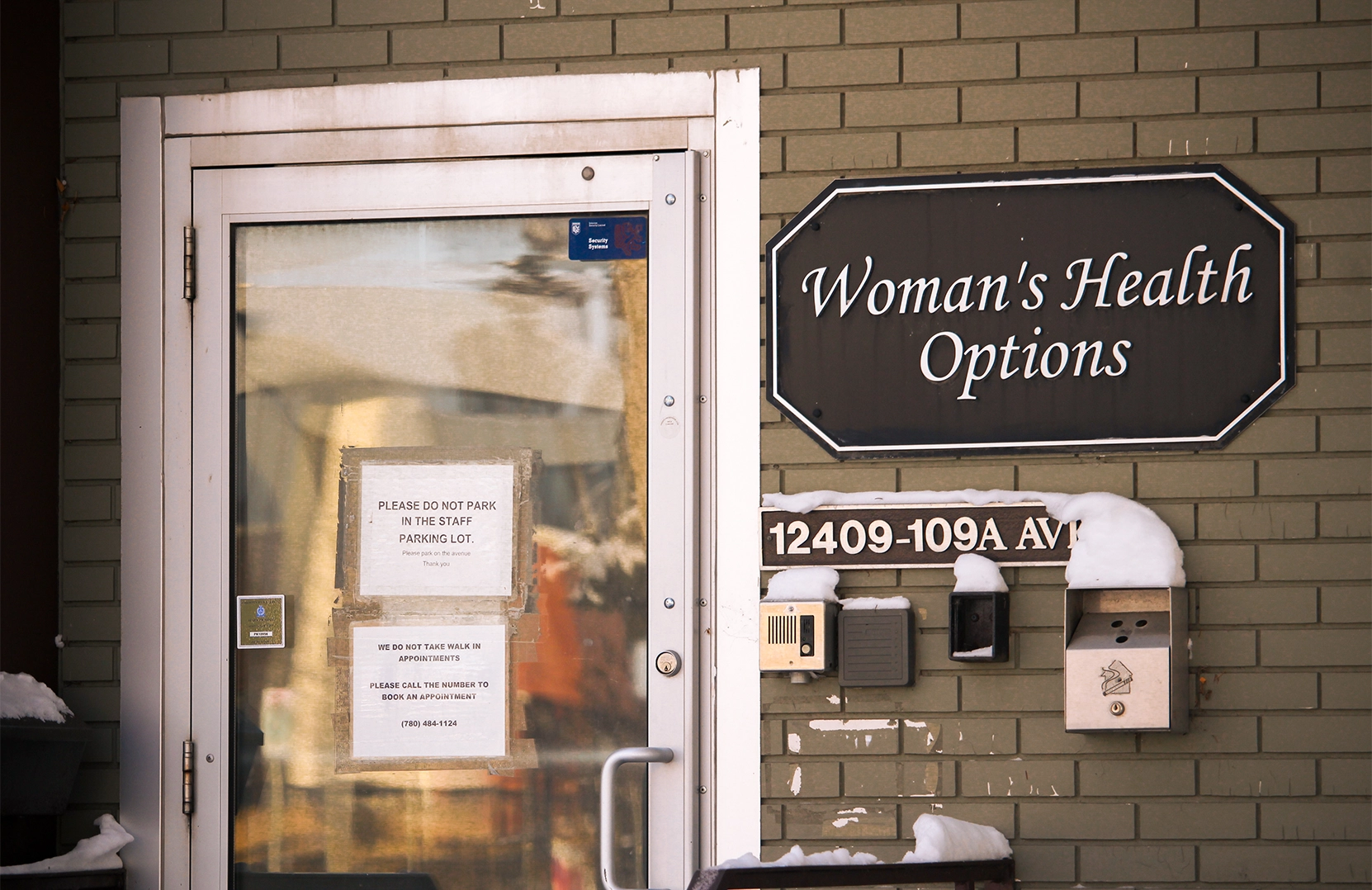Originally published on January 1, 2025.
Back in June of 2022, women watched in horror as an essential part of women’s reproductive rights were overturned by the United States government. Now, as we sit and prepare for another four years of a Trump administration running our southern neighbours, some Canadian women have started to think about the harmful views wafting across the border.
Last August, Premier Danielle Smith announced changes to the Alberta healthcare system at a UCP rally in Drayton Valley. This includes plans to transfer some of Alberta’s hospitals and medical centers to operate under Covenant Health, a Catholic healthcare provider, and move away from Alberta Health Services.
How will this affect Alberta?
Joyce Arthur, the executive director from the Abortion Rights Coalition of Canada says that Covenant Health is “ . . . pretending that the organization itself has some right of conscientious objection, which we call belief-based care denial because it’s not conscientious.” Covenant Health’s Catholic beliefs influence how they provide health care. This includes how they treat unwanted pregnancies. A health ethics guide available on Covenant Health’s website, which is noted to inform key policies and guide direction in the organization, says that women who are sexually assaulted may receive treatment to prevent pregnancy from occurring, but are not permitted treatment for unwanted, confirmed pregnancies.
The consequences of transferring to a system that supports Catholic ideologies over the health and safety of others can have drastic effects on anyone with a uterus. Autumn Reindhart-Simpson from the Alberta Pro-Choice Coalition described the transfer not just as a way to control pregnancy but to control the direct course for the lives of people with uterus’, whether or not they want to have children would not be a part of the conversation.
“When you think about abortion, contraception, sterilization, gender-affirming care, this is gender discrimination when these procedures aren’t being offered.”
Joyce Arthur, Abortion Rights Coalition of Canada
This raises some concerns as access to abortion is already limited in Alberta. Currently, there is only one publicly funded abortion clinic in Edmonton with a new one set to open soon. With two types of abortions available, like the abortion pill that can be taken for up to 10 weeks, but they can only be prescribed by a medical practitioner. However, Reindhart-Simpson says that getting a practitioner to prescribe the abortion pill is hard in Edmonton and that most times they would send a referral to the clinic.
“The fact that we have so few doctors willing to just prescribe to their patients, or hospitals that just aren’t offering it, it’s really impacting people already,” Reindhart-Simpson says. “So, you can have the right to something, but if you can’t actually access it, what’s the point?”
It’s not just abortions that will be taking a hit if a transfer occurs, essential health procedures like gender-affirming care, In Vitro fertilization (IVF), and sterilization will be limited. Arthur says it’s not just about controlling the birthing population but that, “. . . this is gender discrimination when these procedures aren’t being offered.”
While the United States’ political system is on public display, Canadians can’t help but worry to some degree about how this will impact our own system of governance. We can only speculate on Justin Trudeau’s plans to save our planet or if Pierre Pollievre will follow in the same footsteps as our friends below.
Photo by Amanda Erickson





0 Comments